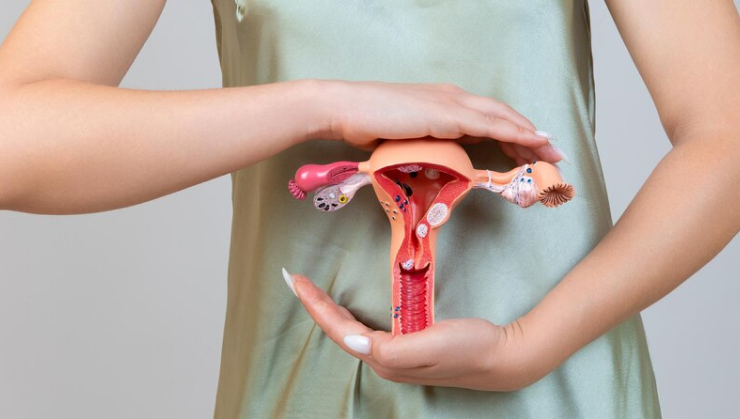Introduction
Bringing a new life into the world is often portrayed as a time of pure joy and happiness, but the reality for many women is more complex. Postpartum depression (PPD) is a common and serious condition that can affect new mothers, and it's crucial to shed light on this topic to promote awareness, understanding, and support. In this article, we will explore what postpartum depression is, its causes, signs, and the steps to seek help and recovery.
Understanding Postpartum Depression
Postpartum depression is a mood disorder that affects some women after giving birth. It can begin within the first few weeks after delivery but may develop at any time during the first year postpartum. PPD is not a sign of weakness or a character flaw; it is a medical condition that requires treatment and support.
Causes of Postpartum Depression
Several factors contribute to the development of postpartum depression, including:
- Hormonal Changes:After childbirth, hormone levels (estrogen and progesterone) drop rapidly. These hormonal fluctuations can impact mood and contribute to depression.
- Physical and Emotional Stress: The demands of caring for a newborn, coupled with exhaustion and sleep deprivation, can take a toll on a mother's mental health.
- History of Depression: A history of depression or mental health issues can increase the risk of developing PPD.
- Lack of Support: Insufficient support from a partner, family, or friends can make the challenges of new motherhood even more overwhelming.
- Emotional and Psychosocial Factors: Relationship difficulties, financial stress, and concerns about body image and self-worth can all contribute to PPD.
Signs and Symptoms
The signs and symptoms of postpartum depression can vary from person to person, but they typically include:
- Persistent Sadness: An overwhelming and long-lasting feeling of sadness or hopelessness.
- Loss of Interest:A loss of interest or pleasure in activities that were once enjoyable.
- Fatigue and Sleep Disturbances: Severe fatigue, despite having the opportunity to rest, and disruptions in sleep patterns.
- Appetite Changes: Significant changes in appetite, leading to weight loss or gain.
- Difficulty Bonding:Difficulty forming a connection with the newborn and feeling detached.
- Irritability and Anxiety: Feelings of restlessness, irritability, and constant worry.
- Cognitive Impairments: Difficulty concentrating, making decisions, or thinking clearly.
- Physical Symptoms: Unexplained physical ailments, like headaches or digestive problems.
Seeking Help and Recovery
It's crucial for women experiencing postpartum depression to seek help. Recovery is possible, and early intervention leads to more positive outcomes. Here are some steps to consider:
- Reach Out: Confide in a trusted friend or family member and seek their support. Sometimes, just talking about your feelings can be a relief.
- Consult a Healthcare Provider:Speak to your obstetrician, gynecologist, or a mental health professional about your symptoms. They can provide a diagnosis and recommend appropriate treatment.
- Treatment Options:Treatment may include therapy, medication, support groups, lifestyle changes, or a combination of these. Your healthcare provider will help determine the best course of action.
- Self-Care:Prioritize self-care, including getting adequate sleep, eating healthily, and engaging in physical activity when possible.
- Lean on Support Systems: Build a network of support through friends, family, or support groups for mothers experiencing PPD.
Conclusion
Postpartum depression is a real and challenging condition that can affect any new mother. It's essential to recognize the signs, reach out for help, and remember that seeking treatment is a sign of strength, not weakness. With the right support and treatment, women experiencing PPD can find their way to recovery, embracing the joys and challenges of motherhood while safeguarding their own mental health.
.pdf%20300X60%20PX-02-02.svg)



